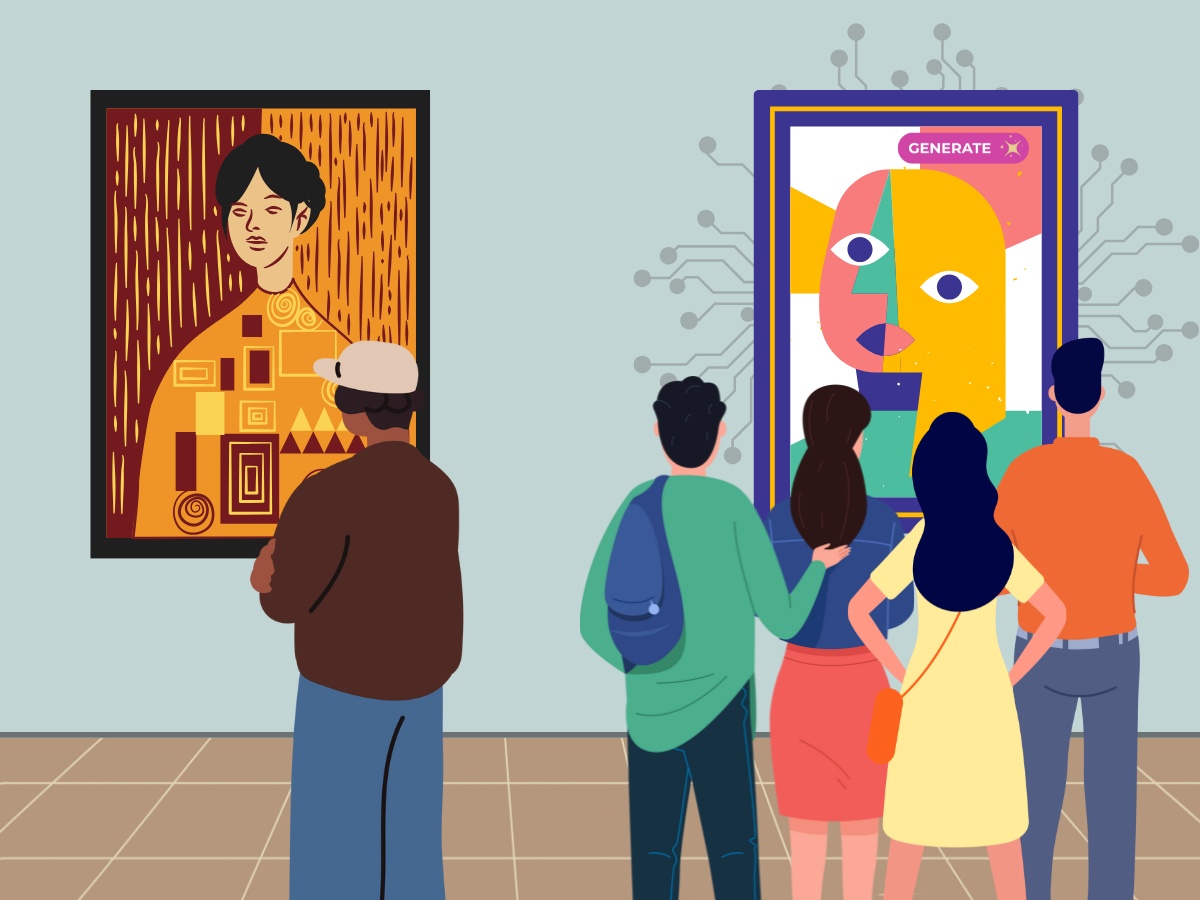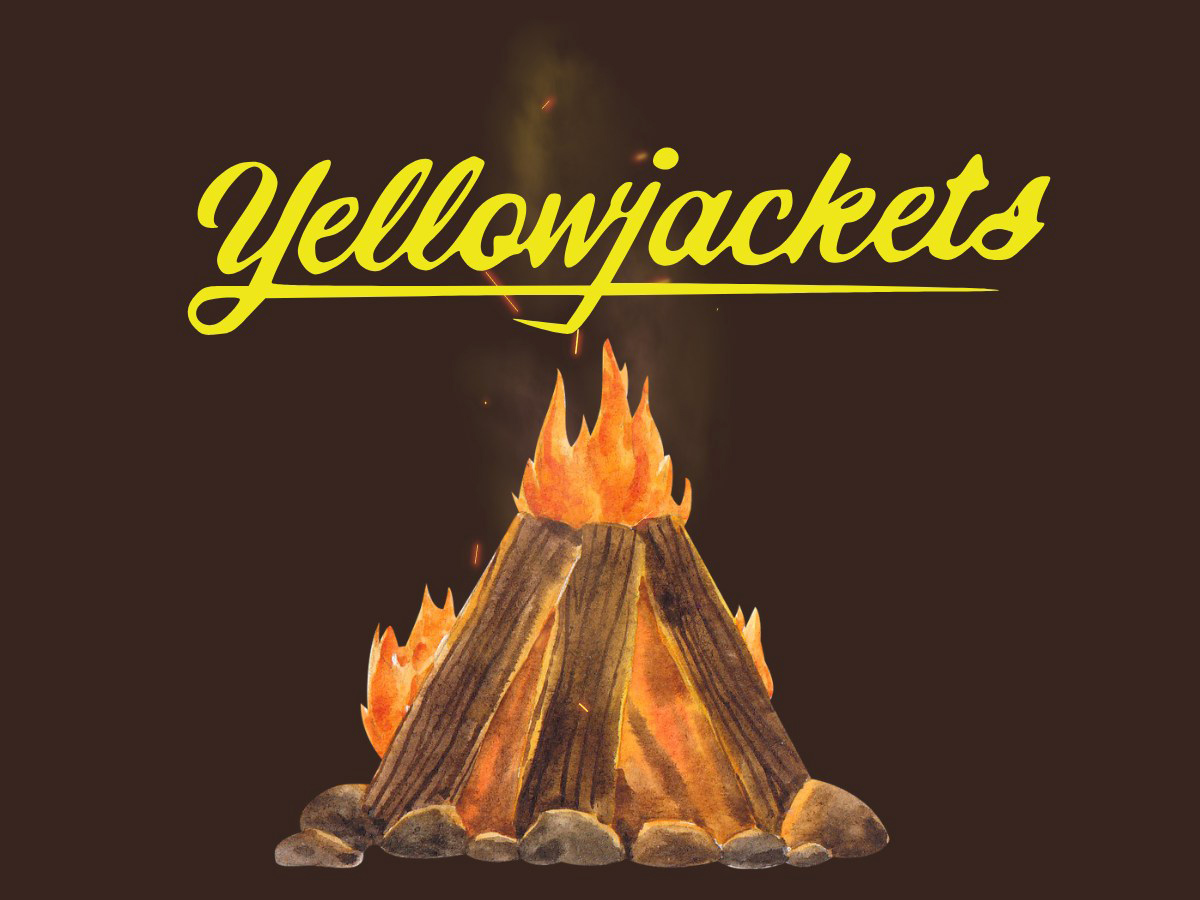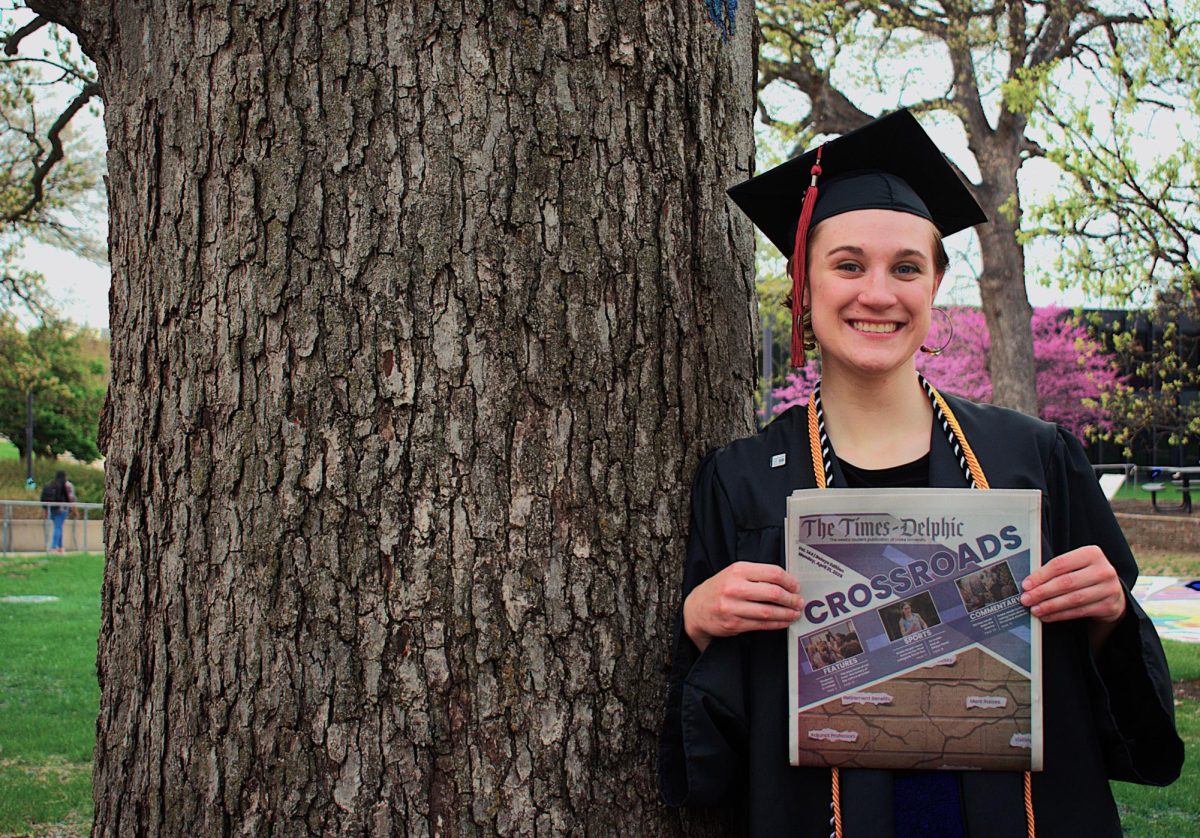BY PARKER KLYN
2016 was a wild year in music.
It seems like the vast majority of super-celebrity pop artists released albums this year, including Drake, Beyoncé, Rihanna, Kanye West and Lady Gaga.
We had a ridiculous number of comeback records from old bands (A Tribe Called Quest, Blink-182, Metallica) and albums that ranged from bitingly, heartbreakingly political (ANOHNI, Blood Orange, Solange) to upliftingly joyous (Chance The Rapper, Lil Yachty, Anderson .Paak).
No matter what your musical taste is, you’re able to find something fantastic and relatable from 2016’s crop of releases.
But there is one album and one song, in my opinion, that stand above the rest.
The song is “EOS,” by Rostam Batmanglij (whose stage name is simply Rostam).
The former producer and songwriter for Vampire Weekend has stunned me in the past; he was responsible for the moving, ornate production on Vampire Weekend’s “Step”, which was my favorite song of 2016.
He also wrote and produced Carly Rae Jepsen’s “Warm Blood,” the best single from last year’s wonderful Emotion.
“EOS” is unlike anything I’ve ever heard before. It’s a ballad, but within it exists so many contrasts and contradictions that make it the most compelling single of 2016.
The song starts with “Listen to the crickets at night / Can you hear that sound?” Rostam coos over a children’s choir which sings what I believe are Catholic hymns; their words are mostly indecipherable, but I can definitely make out the word sanctus, a Latin word literally meaning “holy.”
It sounds like Rostam is singing from within a candlelit church, with his passionate vocals reverberating off of sacred walls.
Then, the refrain explodes: “Every one of us has felt the lights go down / Every one of us has felt our heartbeat pound.”
He seems to be struggling with the fact that everyone fails, so why can they move on with their lives, while Rostam can’t?
Then the song’s beat completely falls away, leaving just Rostam and some ethereal synthesizers. “On the coast we could see time and space … I held you close / My cheek pressed up against yours.”
This is open to interpretation, but I see it as somewhat literal: Rostam saw everything in his future falling into place with his love, but it fell apart.
Finally, the chorus comes back again, but it’s much different: this time, Rostam seems confident and reassured.
He’s realizing that it’s okay to struggle; after all, everyone struggles. I think this is especially poignant today, where meticulously crafted online personas and social media dominate people’s perception. We all struggle and we move on.
If you know me, you probably know my favorite album of this year: Frank Ocean’s Blonde.
In my earlier review for the Times-Delphic, I outlined why I thought Blonde could be just as much of a classic as Channel Orange, Frank’s debut; somehow, since then, Blonde has grown on me even further.
The songs on Blonde are so personal, so elegant, and so incredibly well-crafted that it’s hard for me to find fault.
I think it was genius for Frank to use so much vocal manipulation; it made songs like “Good Guy” (“You text nothing like you look”) and “Self Control” (“Keep a place for me / I’ll sleep between y’all, it’s nothing”) even more impactful than they already would have been.
The spirituality between highlights “Solo” and “Godspeed” gives Blonde depth. It’s a masterpiece.
Blonde’s best song is “Ivy” (“I thought that I was dreaming when you said you loved me”), propelled forward with driving guitars and Frank making his voice sound boyish and young.
Who co-wrote and produced “Ivy”? One Rostam Batmanglij. It’s artists like Rostam and Frank that make music, and 2016 in particular, so fantastic.
I can’t wait for what next year has in store.







